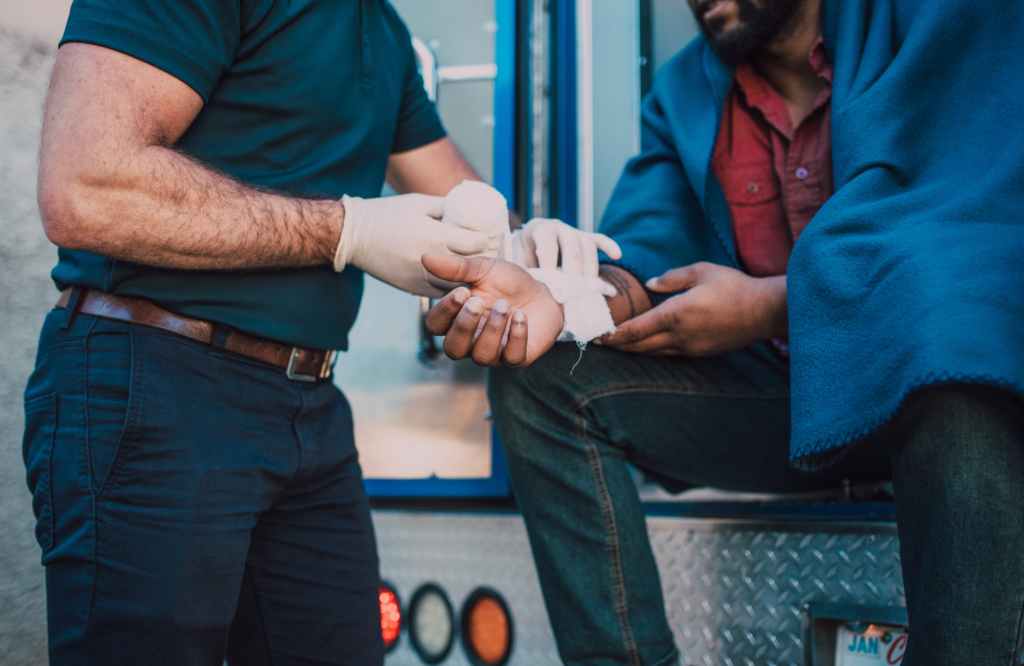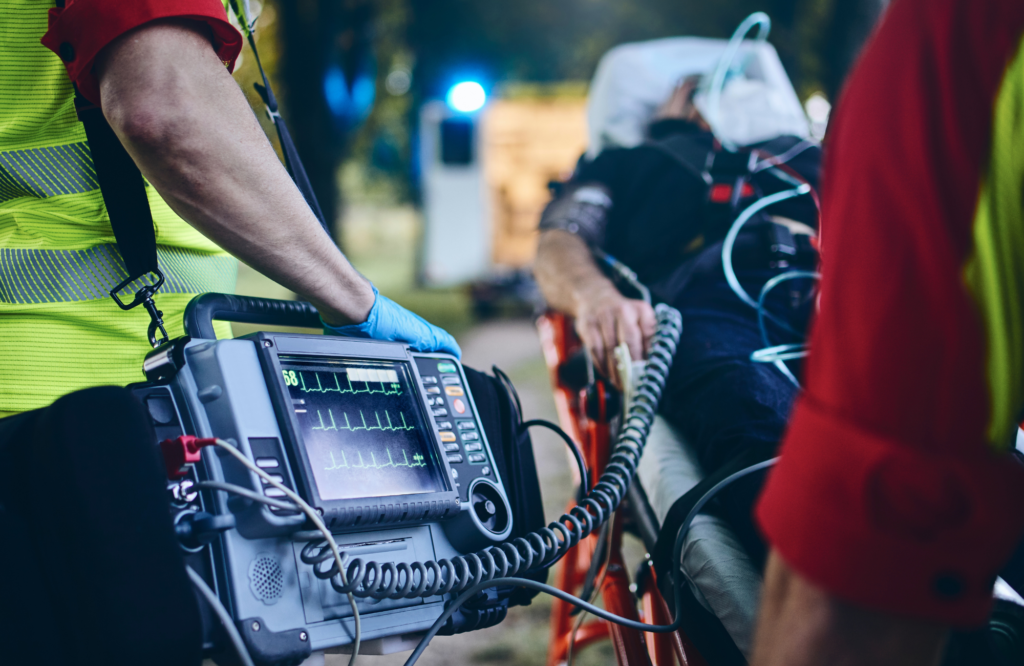Law Enforcement Training on Mental Illness and Vulnerable Populations
At Tyreese R. McAllister, we offer specialized training programs for law enforcement professionals focused on enhancing their understanding and response to individuals with mental illness and other high-risk behaviors. Our training equips officers with the knowledge, skills, and empathy necessary to effectively navigate encounters with high risk citizens.

Understanding Mental Illness:
Our training sessions provide in-depth education on various mental health conditions, their symptoms, and their impact on individuals’ behavior and interactions with law enforcement. We aim to break down stigmas surrounding mental illness and promote a compassionate approach when engaging with individuals who may be experiencing mental health challenges.
De-escalation Techniques:
We emphasize de-escalation techniques that prioritize communication, active listening, and empathy. Our training equips officers with practical strategies to defuse potentially volatile situations, reduce the excessive use of force, and promote peaceful resolutions. By enhancing de-escalation skills, officers can create safer environments for both themselves and the individuals they encounter.


Crisis Intervention Training:
Our crisis intervention training focuses on equipping officers with the tools to effectively respond to individuals in crisis. We provide practical guidance on assessing risk, identifying appropriate resources, and facilitating connections to mental health services. This training empowers officers to handle crisis situations with sensitivity and ensure the safety and well-being of all involved.
Community Engagement and Collaboration:

We are dedicated to equipping law enforcement professionals with the knowledge and skills necessary to navigate encounters with individuals who are vulnerable or at high risk.
Our training programs promote empathy, understanding, and effective communication, ultimately fostering safer and more compassionate communities.
1. Community-Based Violence Intervention Programs:
Implementing community-based violence intervention programs that focus on interrupting cycles of violence and providing support to individuals at high risk. These programs can include street outreach, conflict mediation, and connecting individuals with resources for education, employment, and mental health support.


2. Virtual Reality Training for Police Officers: (Coming soon)
3. Technical Assistance and Consultation:

Mobile Mental Health Crisis Response Teams
Consulting to establishing mobile mental health crisis response teams that consist of mental health professionals and law enforcement officers trained in crisis intervention. These teams can respond to mental health-related emergencies, providing immediate support, assessment, and appropriate referrals to individuals in crisis. This collaborative approach ensures a compassionate and effective response.

Technology-Enabled Gun Violence Prevention:
Leveraging technology to enhance gun violence prevention efforts. This can include the development of smart gun technologies, gun safety education, and community-based reporting platforms for illegal firearms. By embracing technology, we can create innovative solutions to reduce gun violence and promote responsible gun ownership.

Peer Support Programs for Vulnerable Populations:
Implementing peer support programs that connect individuals facing mental illness, homelessness, or substance abuse with trained peers who have successfully navigated similar challenges. These programs provide a unique and relatable support system, fostering resilience, empowerment, and long-term recovery.

Data-Driven Strategies for Community Safety:
Utilizing advanced data analytics and predictive modeling to identify high-risk areas and individuals prone to violence. By analyzing patterns and trends, we can develop targeted strategies and interventions to prevent violence before it occurs. This data-driven approach enhances the effectiveness and efficiency of public safety efforts.

Collaborative Partnerships for Systemic Change:
Forging collaborative partnerships with community organizations, law enforcement agencies, mental health providers, and policymakers to drive systemic change. By working together, we can advocate for policy reforms, allocate resources effectively, and create a comprehensive approach to public safety that addresses the underlying social determinants of violence.